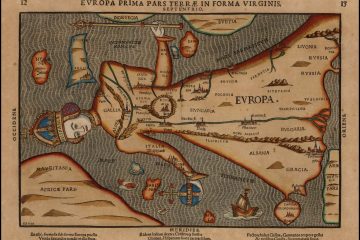
Mapping the Languages of European Memory
Researcher: Dr Félix Krawatzek Funder: John Fell Fund The European Union is facing fundamental challenges, many of which are driven by issues of identity and different perspectives on European history. But what is European history? This project seeks to understand which elements of the past are interpreted as being part of a European history, and how. Who drives a Europeanisation of history and what implications does this have for a sense of collective identity? European Memory refers to the ideas that people hold about what Europe represents. Rather than assuming that “Europe” has a fixed meaning and fixed boundaries, this research looks more closely at what “Europe” means when the term is used in public debate. What forms of shared …
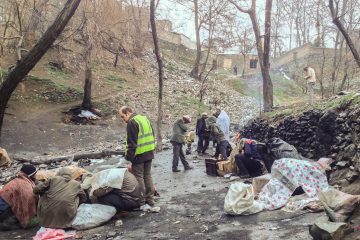
Drugs and Revolution: Ideology, Policymaking and the Margins of Civil Society in Iran
Researcher: Maziyar Ghiabi (Supervised by Dr Philip Robins) Funder: Wellcome Trust Society & Ethics The relationship between drugs and politics is an unusual one. No other material product has been the object of such systematic control by states, and this has occurred with exceptional conformity across the globe. Iran represents an outstanding case study of the War on Drugs; it is at the crossroads of international drug routes, it has one of the world highest rates of drug ‘addiction’ (estimated at between 2-3% and 6-7% of the entire population), and it is now progressively becoming a producer country for synthetic, industrial drugs, such as methamphetamines (known as crystal meth or shisheh, ‘glass’). The Iranian state draws its legitimacy from religious …

The Impact of Institutions: The Implications of Economic Reforms for Human Capital and Skills
Researcher: Dr Adam Saunders Funder: British Academy Since the 1970s, the United Kingdom has undergone transformational economic and social change. Deindustrialisation and labour market reforms may have increased labour market flexibility and the responsiveness of the labour market, but has this been at the expense of the retention of vital occupational skills? What are the long-term social and economic ramifications of these changes, and what legacy have they left in the present day? This project seeks to answer an often-overlooked aspect of these questions: the impact of such changes on individuals in the workplace, and their contribution to individual and national prosperity – human capital and skills. Using data stretching from 1975 to 2013, this project combines quantitative analysis with …
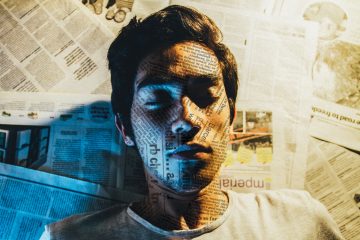
Digital intermediaries, news media, and political communication
Researcher: Dr Rasmus Kleis Nielsen Funder: Tietgen Foundation How do we access news? Social media and search engines are increasingly acting as ‘intermediaries’ – curating and filtering the news that people read. What are the implications of this change for political communication? How will this change how journalists and political campaigns operate? This project uses interviews with stakeholders across digital intermediaries and news media organisations as well as secondary sources. The research examines how developments in news and political media are unfolding across four countries—France, Germany, the UK, and the US, and will help us understand the wider social and political implications. In the face of this rapid change it is only now that ‘digital intermediaries’ are coming to terms …
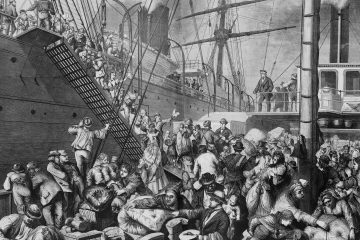
Political Remittances: Understanding the Political Impacts of Migration
Researchers: Professor Gwendolyn Sasse (with Dr Félix Krawatzek, Dr Juta Kawalerowicz and Dr Sarah Garding) Funder: Leverhulme Trust What do migrants send ‘home’ in addition to, or even instead of, money? Are migrants agents of political and social change in their homelands? This project extends the discussion of migrants’ impacts to include ‘political’ and ‘social’ remittances. We know a lot about the developmental impacts of migrants’ economic remittances, but much less about the ideas, identities and practices which migrants send home or carry with them when they return. The project explores the factors that determine whether and how migrants stay in touch with their homelands. Do these patterns of interaction differ by migrant group and/or historical period? How do migrants understand …
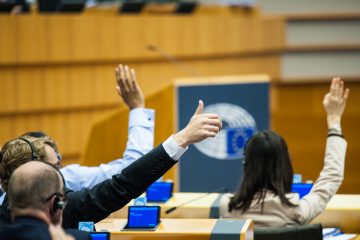
Democratic Legitimacy and Political Identity in Belgium, Switzerland and the European Union
Researcher: Dr Joseph Lacey Do divided societies actually benefit from being more democratic? Since the nineteenth century, the dominant view in political theory has been that political systems made up of multiple public spheres, each with different social and political identities are likely to struggle for legitimacy. This, it is argued, leads to poor quality political institutions and ultimately the break-up of the political system through devolution or secession. This tendency is expected to be compounded when the population speak different languages. The European Union demonstrates nearly all of these features. The traditional view would seem to be that it is doomed to failure. The UK’s ‘Brexit’ referendum appears to bear this out, as claims of undemocratic rule and missing …
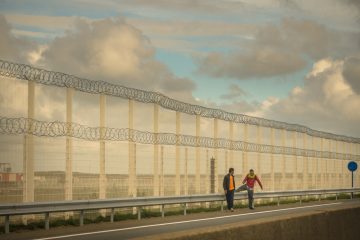
Political Philosophy and Immigration
Researcher: Professor David Miller What are the underlying values which should guide policy on immigration? In all areas of policy, open debate of the values which inform decision-making is an essential part of the democratic process. Since immigration has implications for many other areas of public provision and economic policy, such public scrutiny is even more important. Yet, the topic of immigration remains fraught and the unprecedented refugee crisis playing out in Europe has heightened the already acute political challenges bound in with public debates. Professor Miller’s writing and research in political philosophy has worked to set a framework for thinking about how immigration can work under democratic control. He has sought to define principles and apply criteria that will stand …









